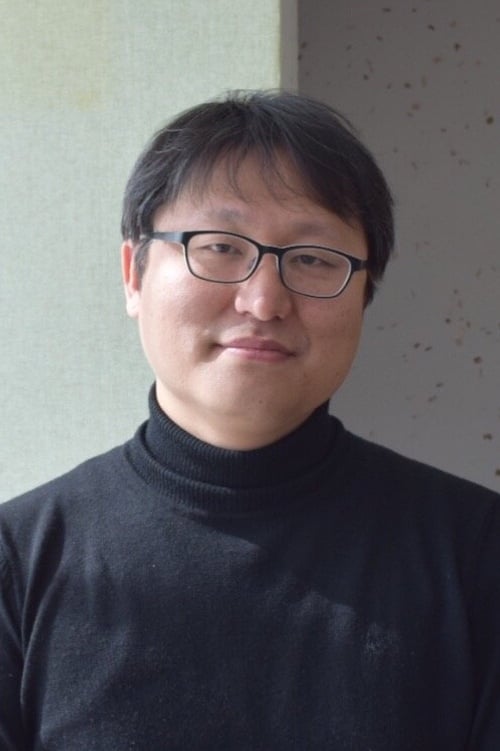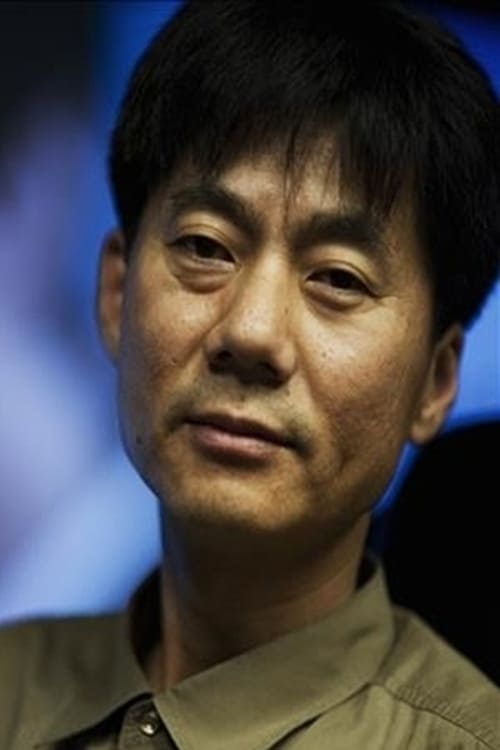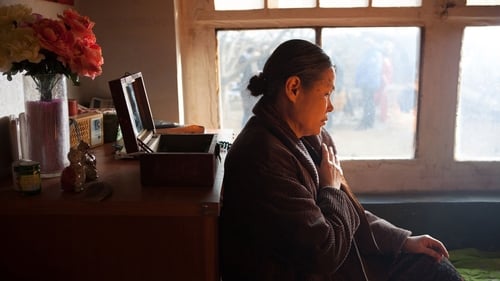A Long Way Around (2019)
ジャンル : ドキュメンタリー
上映時間 : 1時間 16分
演出 : Lee Seung-hyun
シノプシス
Life story of sexually harassed women by Japanese army, so called "comfort women" and the reflected story of Grandma, Ok-seon Lee in that period of time
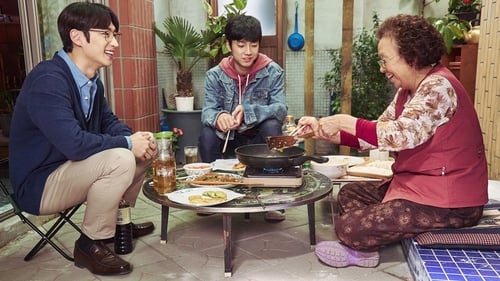
A grumpy old woman befriends a young civil servant and learns English from him. She then reveals to him her shocking past.
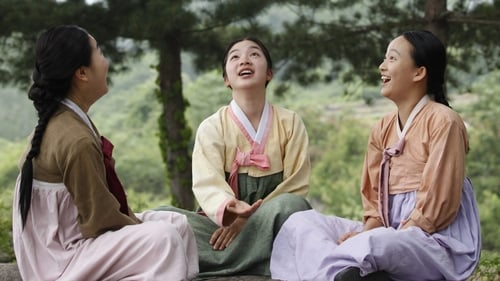
After the Japanese kidnap two Korean teenagers and take them to a comfort station to join other girls who are serving as sex slaves, only one of them survives. Decades later, the elderly woman tries to reunite with her friend's spirit.
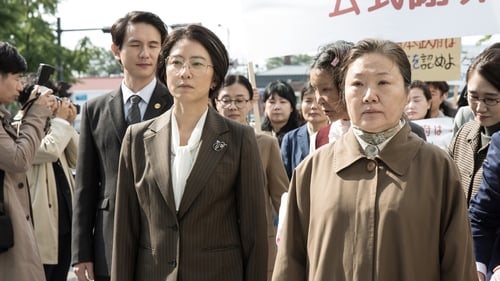
A true story of a six-year-long legal conflict of 10 comfort women and 13 attorneys against 200 Fukuoka supporters association.

あなたが「ネトウヨ」でもない限り、彼らをひどく憤らせた日系アメリカ人YouTuberのミキ・デザキを、おそらくご存知ないだろう。ネトウヨからの度重なる脅迫にも臆せず、彼らの主張にむしろ好奇心を掻き立てられたデザキは、日本人の多くが「もう蒸し返して欲しくない」と感じている慰安婦問題の渦中に自ら飛び込んでいった。 慰安婦たちは「性奴隷」だったのか?「強制連行」は本当にあったのか? なぜ元慰安婦たちの証言はブレるのか? そして、日本政府の謝罪と法的責任とは……? 次々と浮上する疑問を胸にデザキは、櫻井よしこ(ジャーナリスト)、ケント・ギルバート(弁護士/タレント)、渡辺美奈(「女たちの戦争と平和資料館」事務局長)、吉見義明(歴史学者)など、日・米・韓のこの論争の中心人物たちを訪ね回った。さらに、おびただしい量のニュース映像と記事の検証と分析を織り込み、イデオロギー的にも対立する主張の数々を小気味よく反証させ合いながら、精緻かつスタイリッシュに一本のドキュメンタリーに凝縮していく。そうして完成したのが、映画監督ミキ・デザキのこの驚くべきデビュー作、『主戦場』だ。 映画はこれまで信じられてきたいくつかの「物語」にメスを入れ、いまだ燻り続ける論争の裏に隠された“あるカラクリ”を明らかにしていくのだが——それは、本作が必見である理由のごくごく一部に過ぎない。 さて、主戦場へようこそ。

"The Apology" explores the lives of former "comfort women," the more than 200,000 girls forced into sexual slavery during World War II. Today, they fight for reconciliation and justice as they struggle to make peace with the past.
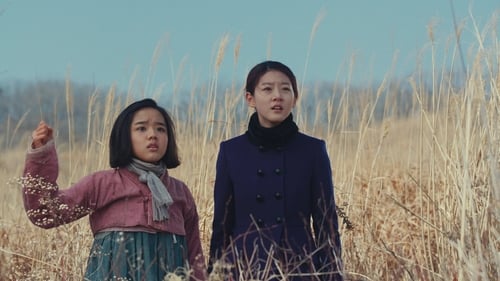
Jongbun is sick of poverty and she admires Young-ae, a smart and pretty friend. Taking place at the end of Japanese colonialism, a sad but beautiful story about two girls begins.
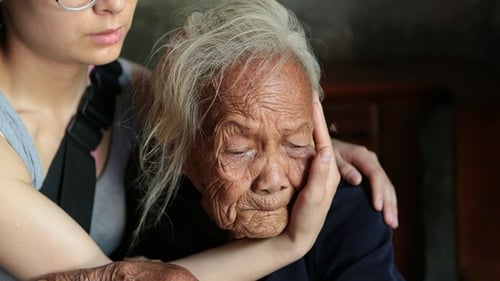
Follow the lives of the elderly survivors who were forced into sex slavery as “Comfort Women” by the Japanese during World War II. At the time of filming, only 22 of these women were still alive to tell their story. Through their own personal histories and perspectives, they tell a tale that should never be forgotten to generations unaware of the brutalization that occurred.

KIM Soonak is a survivor of sex slavery by the Japanese military. The war may have ended, but her life was still at a war. She lived in the prostitute quarters to survive, did sex business in the US military camp town, and peddled goods from the US military. She raised two kids on her own as she worked as a maid. We’ll listen to her story in her absence. The film reconstructs the life story of the deceased KIM Soonak with interviews with activists, archive videos, animation, and read-aloud testimony.

Final chapter of a trilogy documenting the present and past lives of "comfort women".
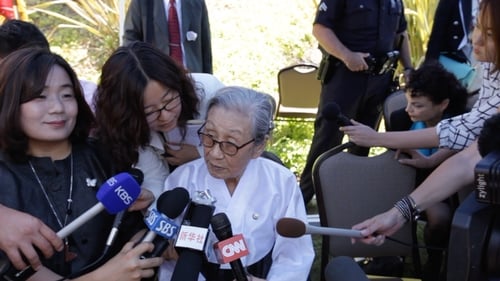
In 1992, KIM Bok-dong, reported herself as a victim of the sexual slavery, "comfort women" during World War Ⅱ. She wanted to receive the proper apology from the Japan government but they denied its responsibility. In 2011, commemorating the 1000th Wednesday demonstration, Statue of Peace was installed in front of the Embassy of Japan. The fight over Japan confronts a new stage.

Korean sex worker Yonhee goes to Japan to build solidarity with her counterparts there. YAMASITA Youngae heads for Kyoto to give a lecture on how former prostitute-turned-comfort women were left out of the movement to achieve justice for comfort women. Korean professor PARK Yu-ha is sued by former comfort women because of her book Comfort Women of the Empire. Reportage writer KAWADA Fumiko Tells the story of BAE Bonki, a Korean who worked as a comfort woman in Okinawa. Shuttling between the issue of sex workers who refuse to be pictured as victims and the issue of comfort women who couldn’t even be acknowledged as victims, the film reveals stories that had disappeared from official memory.
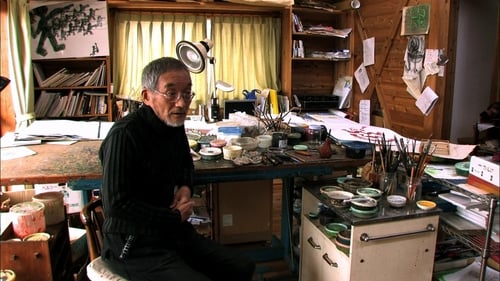
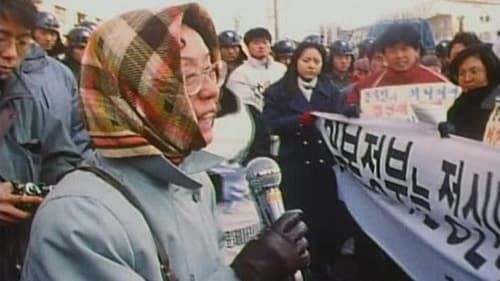
At noon every Wednesday, women who used to be comfort ladies and their supporters demonstrated against the Japanese Government in an attempt to receive an official apology and compensation for damages against Korean women who had been held captive as sex slaves by the imperialist Japanese Army during World War II. Overcaming years of embarrassment and silence, the old women tell us their stories of the past. A house called 'Share' is the shared residence of six women with the same past. Learning Korean alphabet and drawing regardless of weather, they continue their hard lives to overcome the period of regret and pain.
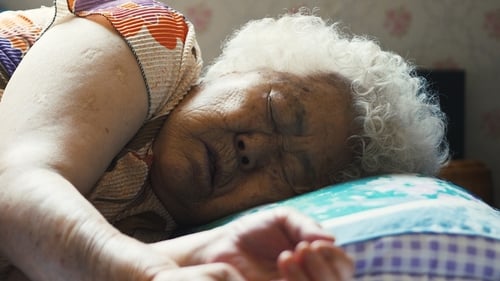
Life story of sexually harassed women by Japanese army, so called "comfort women" and the reflected story of Grandma, Ok-seon Lee in that period of time

Francesca, tormented by her past, breaks the silence to talk about surviving the horrors of the comfort stations of Imperial Japan.

Movie about tortured and humiliated women in concentration camps in Bosnia and Herzegovina.
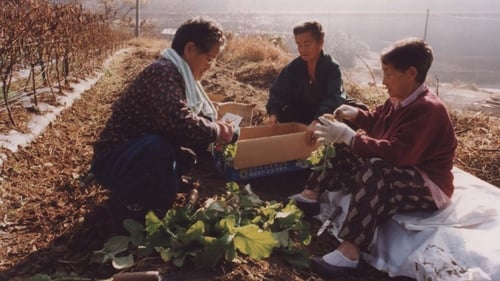
In World War II Japan forced many South Korean girls into sexual slavery. Known as "comfort woman," they were abducted as teenagers and shipped off to the front to service as many as 30 troopers a day. In 1991, some of them began testifying about their experiences. A "sharing house" was then established for former comfort women and provided the setting for Habitual Sadness, a documentary showing the enduring wounds but strong spirit of these women.

They're called bar women, hostesses, or sex workers and "western princesses." They come from poor families, struggling to earn a decent wage, only to be forced into the world's oldest profession. They're the women who work in the camptowns that surround U.S. military bases in South Korea. In 40 years, over a million women have worked in Korea's military sex industry, but their existence has never been officially acknowledged by either government. In The Women Outside, a film by J.T. Orinne Takagi and Hye Jung Park, some of these women bravely speak out about their lives for the first time. The film raises provocative questions about military policy, economic survival, and the role of women in global geopolitics


